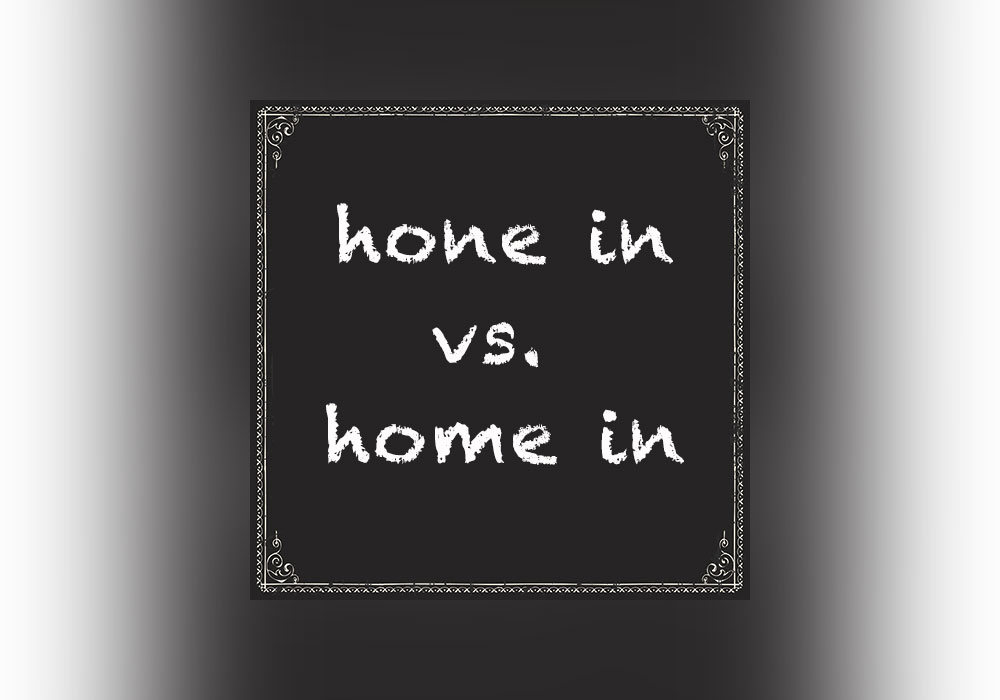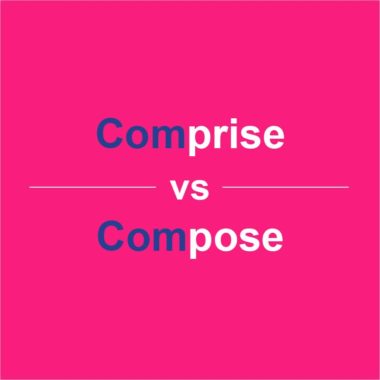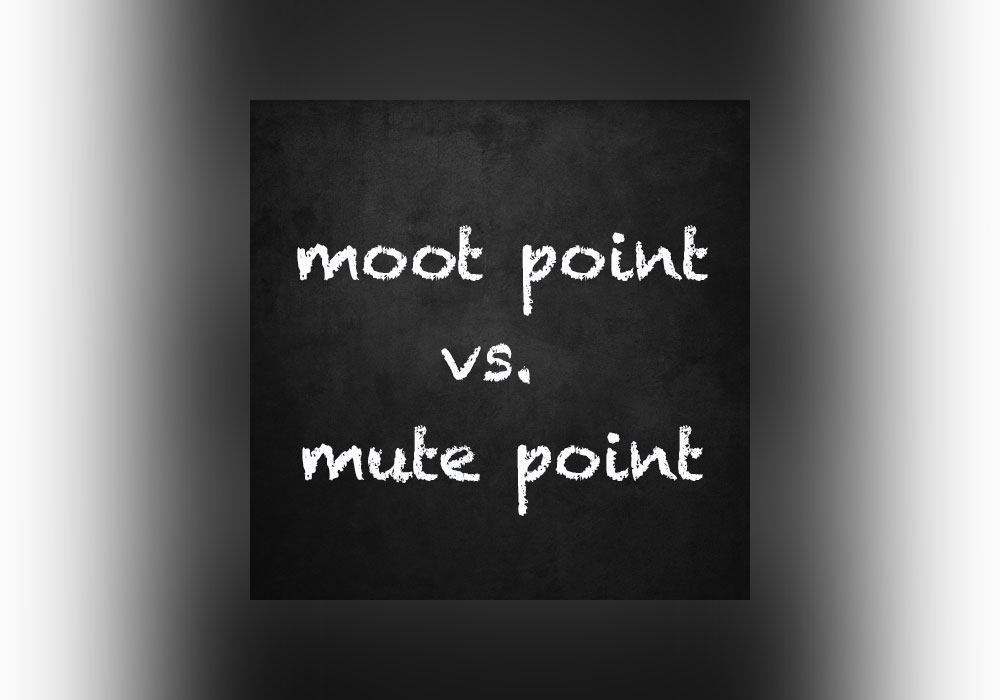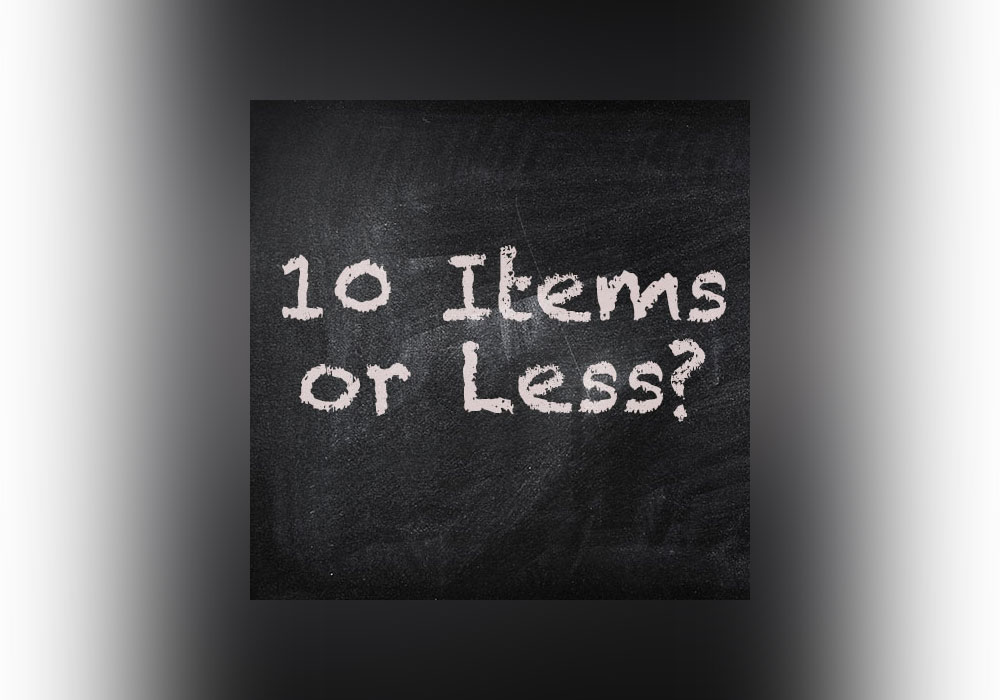Hone In vs. Home In
Does a plane home in on a target or hone in on it? Does a musician hone her skills or home them? Are these two verbs interchangeable or do they have discrete meanings? Today we explore the origins and uses of hone and home. Hone entered English as a noun for a pointed rock used as a landmark. In the 1400s, it began to be …











